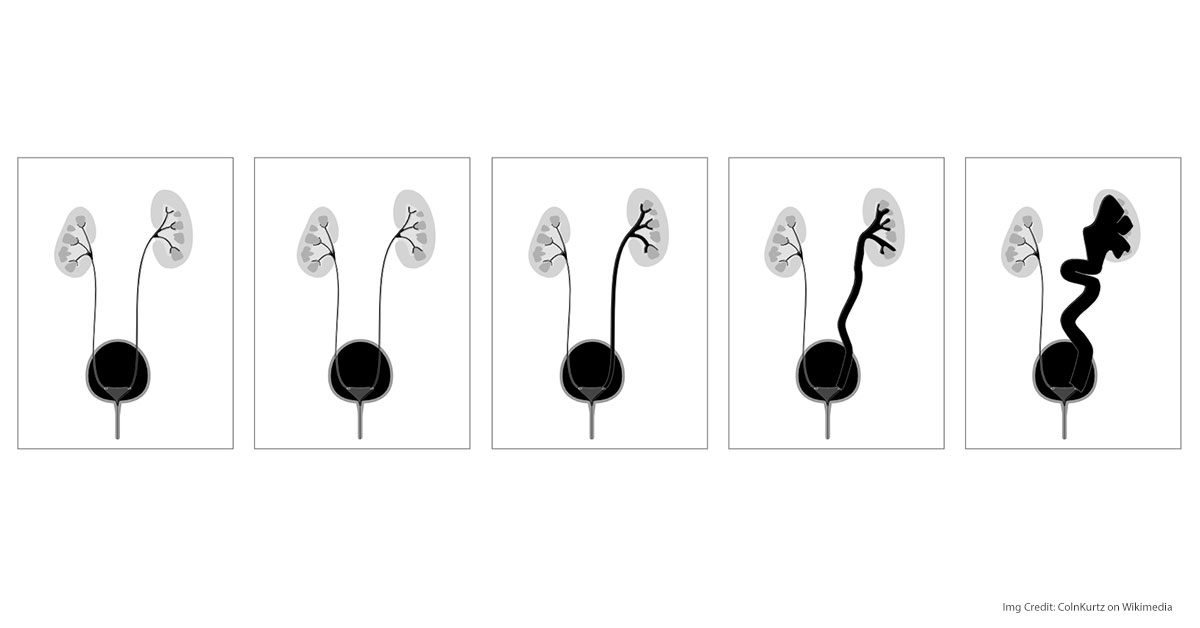Urinary disorders in infants are rare and only about 1-2% of all infants develop a condition called Vesicoureteral Reflux (VUR). This condition is characterized by the urine flowing in the wrong direction after pouring into the bladder.
The reverse flow of some urine in the kidneys can cause urinary tract infections (UTIs) and further complications if left untreated. To get the right treatment, consult your pediatric surgeon for vesicoureteric reflux treatment in Siliguri.

What Causes Vesicoureteral Reflux (VUR) In Children?
Children suffering from VUR are usually born with it and there is no specific cause related to it. In the case of VUR, the tunnel (one or both) emptying in the bladder may be short, making the valve ‘leaky’. This condition also arises when the bladder does not empty normally.
Understanding The Symptoms Of VUR
VUR may sometimes go unnoticed without any symptoms or unless a UTI develops. A UTI may be detected either in the bladder or the kidneys. Bladder infections are less harmful and are characterized by frequent urination and pain during urination.
Urine that goes back to the kidneys is often toxic with germs and can cause infection of the kidneys. Kidney UTIs can cause high fever, chills, and back pain in children. Prolonged Kidney UTI can scar the kidneys causing long-term damage.
When Should A Child Be Tested For VUR?
To diagnose VUR in children, a test called Voiding Cysto-Urethrogram (VCUG) is done on the following symptoms:
- If the child had one UTI with high fever and a kidney problem is detected in an ultrasound
- A child under the age of 2 years suffers from 2 or more UTIs with high fever
Tests Done On A Child With VUR
- Ultrasound
- Dimercaptosuccinic Acid (DMSA) scan
- Blood Test
- Blood Pressure
Early Signs Of Urinary Tract Infection
Frequent UTIs may be a major sign indicating the presence of VUR in children. UTIs with the following symptoms should be reported to the doctor immediately:
- Fever over 100.4 degrees
- Pain in urination
- Frequent urination
- Lower abdomen pain
- Vomiting
- Foul-smelling urine
Most children grow out of VUR by the age of 5, however, close observation is always recommended.
Doctors Who Treat Children With VUR
Pediatric surgeons who treat vesicoureteric reflux treatment in Siliguri are the best people to contact for the treatment of VUR in children. Apart from that, pediatric nephrologists and pediatric urologists both are well-trained to diagnose this issue and offer treatment.

Treatment Of VUR In Children
Depending upon the child’s age, stage of VUR, and the symptoms, the treatment is planned and executed in the following ways:
Observation: Constant monitoring of the child and urine testing in case the child has a fever. Urine testing indicates the presence of infection and helps in early diagnosis.
Preventive Antibiotics: Medical practitioners may prescribe preventive antibiotics to reduce the chances of UTIs in such children.
Surgery: In case of severe VURs, doctors may recommend surgery in the form of ureteral re-implantation- whether the connection between the ureter and bladder is rectified or through an endoscopic injection that prevents the urine from flowing back to the kidney.




